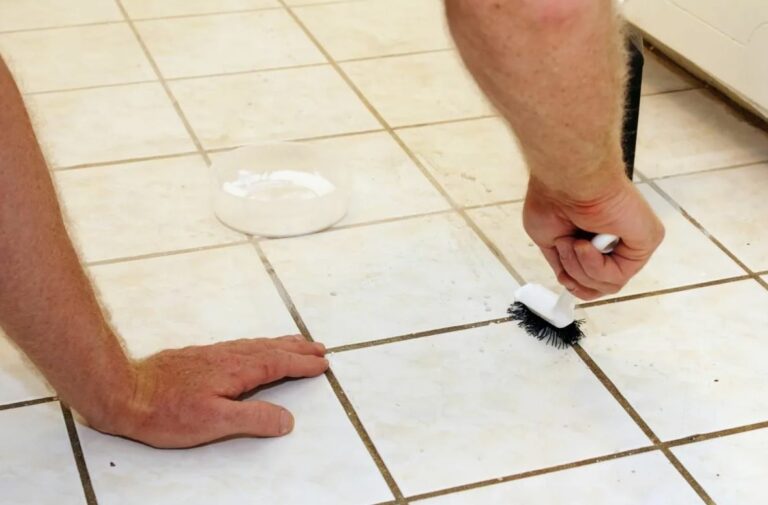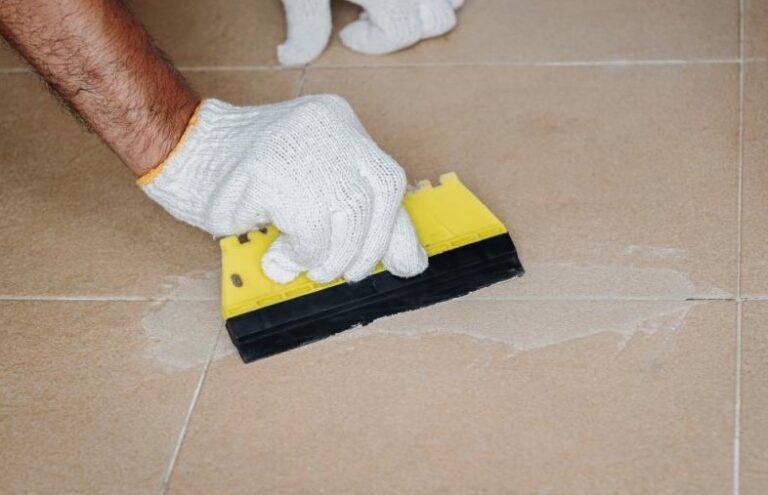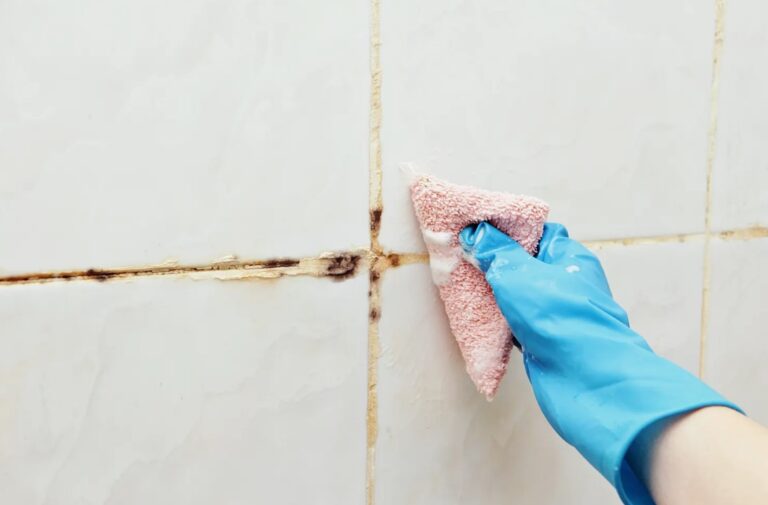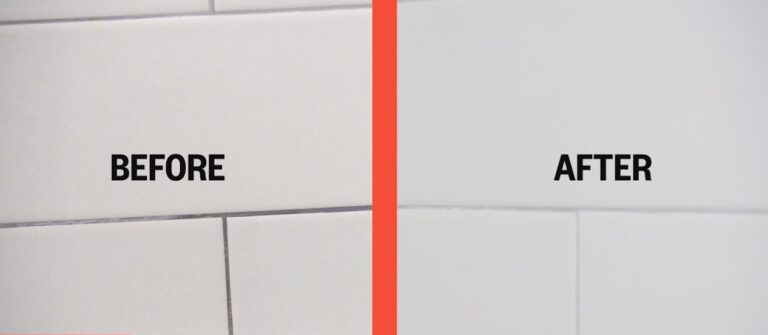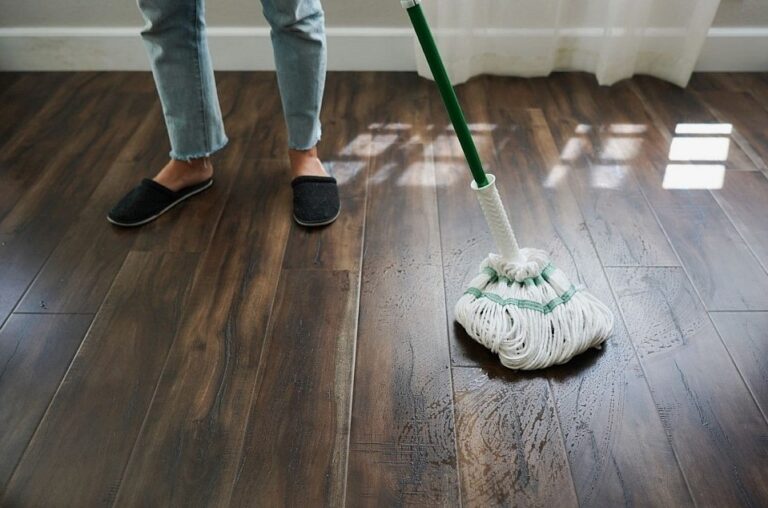Grout may be one of the most understated components of your home, but its role is crucial. Found between tiles, grout not only holds everything together but also protects the integrity of surfaces in kitchens, bathrooms, and flooring. However, one common question often arises among homeowners, DIY fans, and cleaning professionals alike—do you really need to seal grout?

The short answer? Yes. Sealing grout is essential for maintaining its durability, cleanliness, and appearance over time. Read on to explore what happens when grout isn’t sealed, reasons to seal it, the available types of grout sealers, and how you can seal grout yourself.
What Happens When Grout Isn’t Sealed?
Grout, by nature, is porous. Left unsealed, it can absorb water, oils, dirt, and other materials, making it vulnerable to a range of issues:
- Stains: Unsealed grout absorbs spills and dirt, leading to discoloration over time.
- Mold and Mildew Growth: Constant exposure to moisture, especially in areas like bathrooms, creates the ideal environment for mold and mildew to develop in unsealed grout.
- Water Damage: Unsealed grout can compromise the structural integrity of the tile installation by allowing water to seep beneath the tiles, potentially causing tiles to loosen or crack.
- Weakened Durability: Over time, exposure to contaminants weakens grout lines, making them susceptible to crumbling.
Skipping grout sealing might not have immediate visible repercussions, but the gradual damage can lead to costly repairs and reduce the longevity of your tile surfaces.
Reasons to Seal Grout
Sealing grout might feel like an extra step in your home maintenance routine, but its benefits far outweigh the time and effort it takes. Here’s why sealing grout is crucial:
Protection Against Stains
Sealing creates a barrier on the grout, preventing dirt, grease, and spills from penetrating and leaving stains. This is especially important in high-traffic and high-spill areas like kitchens and entryways.
Prevents Mold and Mildew
By sealing grout, you block water from soaking in, reducing the risk of mold and mildew. This is particularly beneficial for areas like showers, where grout is exposed to constant moisture.
Extends Lifespan
Sealed grout holds up better against daily wear and tear, maintaining its strength and appearance for years to come. Proper sealing can save you from dealing with cracked or damaged grout that requires expensive repairs.
Keeps it Looking Fresh
Sealed grout maintains its original color and finish, keeping your tiled surfaces looking newer for longer.
Improves Cleaning
Grout sealer makes it easier to clean surfaces. Dirt and grime tend to sit on the surface rather than penetrate, which means a simple wipe can often do the trick.
Types of Grout Sealers
The market offers various grout sealers, each suited to specific needs and surface types. Understanding their differences can help you choose the best one for your project:
Penetrating Grout Sealers
Penetrating sealers soak into the grout’s pores, forming a protective barrier beneath the surface. These sealers are ideal for areas exposed to moisture, like bathrooms and kitchens, as they allow the grout to breathe while repelling water and oil-based stains.
Best for: Bathrooms, showers, and high-moisture areas.
Membrane-Forming Grout Sealers
These sealers form a protective layer on the surface of the grout rather than penetrating it. They are excellent at repelling stains but may trap moisture if used in areas like showers, leading to mold issues.
Best for: Countertops and backsplashes in dry areas.
Spray-On Sealers
Spray-on sealers are convenient and easy to apply. They typically work like penetrating sealers but may require multiple applications for maximum effectiveness.
Best for: Small DIY projects or reapplying sealer to lightly used areas.
Waterproof Sealers
Waterproof sealers, a subset of penetrating sealers, are specially designed to handle excessive moisture and protect both grout and tiles against water damage.
Best for: Pools, showers, and outdoor areas.
How to Seal Grout: A Step-by-Step Guide
Sealing grout might sound intimidating, but with the right tools and steps, it can be a straightforward and rewarding DIY project. Here’s how to do it:
Step 1: Choose the Right Sealer
Identify the type of sealer that suits your needs based on the grout’s location and exposure to moisture or stains.
Step 2: Gather Supplies
You’ll need the following:
- Grout sealer
- Applicator tool (foam brush, roller, or spray bottle)
- Clean cloths
- Mild cleaner
- Gloves
Step 3: Clean the Grout
Ensure the grout is clean and free of dirt or debris. Use a mild cleaner and allow the grout to dry completely before applying the sealer—this can take 24-72 hours.
Step 4: Apply the Sealer
Follow the product instructions carefully and apply the sealer evenly along the grout lines using your chosen applicator. Be sure to avoid excess sealer spilling onto the tiles.
Step 5: Wipe Off Excess Sealer
Use a clean cloth to wipe away any sealer that may have spread onto the tiles. This step is essential as dried sealer on tiles can leave behind a hazy residue.
Step 6: Allow to Cure
Most sealers need time to cure. This can range from 24 hours to several days, depending on the product. Avoid getting the area wet during this time.
Step 7: Test the Seal
Drip a small amount of water onto a sealed grout line. If the water beads up, your sealer is working. If it soaks in, apply another layer of sealer.
Grout Sealing is Worth the Effort
Taking the time to seal your grout is an investment in your home’s longevity and appearance. Sealed grout resists stains, prevents mold and water damage, and keeps your tiled surfaces looking pristine for years. While the process can be DIY-friendly, some homeowners may want the help of professionals for larger or more complex projects.
Whether you’re a homeowner looking to protect your spaces or a cleaning professional tackling challenging grout issues, sealing grout is a small step with big benefits. Don’t skip it!

